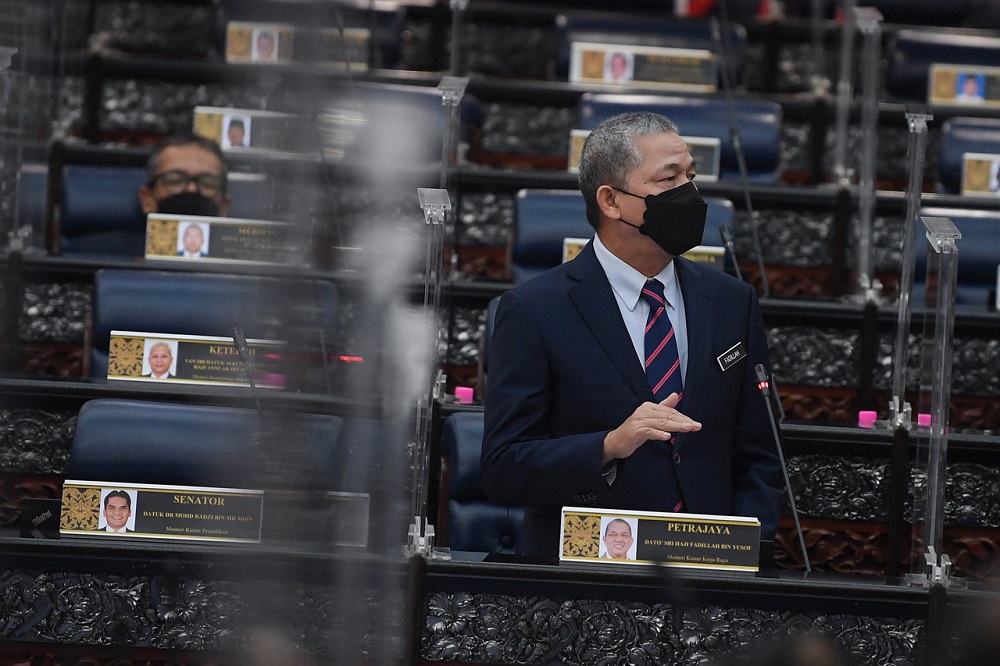

Join us on our WhatsApp Channel, follow us on Instagram, and receive browser alerts for the latest news you need to know.
Thursday, 30 Sep 2021 1:37 PM MYTKUALA LUMPUR, Sept 30 ― Infrastructure development is one of the main drivers of economic growth as infrastructure assets and services provide the basic physical and organisational structures that define the efficient functionality of an economy and its social dynamics. Therefore, access to reliable, quality, efficient and affordable infrastructure services are critical in reducing poverty, promoting economic growth, supporting social development and building resilient communities, said Senior Works Minister Datuk Seri Fadillah Yusof.
He said this in his keynote address at the 2021 Asia Economic and Entrepreneurship Summit, themed “Building Sustainable Infrastructure for Economic Growth” today, organised by the KSI Strategic Institute for Asia Pacific and other partners. The minister said infrastructure development in Malaysia will receive a big boost from the 12th Malaysia Plan (12MP) to assist the sector in reviving the economy.
As the custodian of infrastructure development in Malaysia, the Works Ministry also promotes the internationalisation of the construction sector, in line with the objective to provide a conducive environment for economic growth and international competitiveness.
“In facilitating trade, we continue to actively participate in the development of the Asean Sectoral Mutual Recognition Arrangement for Building and Construction Materials with nine other Asean members. “Currently, there are three products identified under this Mutual Recognition Arrangement (MRA), namely steel reinforcement bar, glass and cement.
“The ratification of the MRA aims to help reduce time and cost in the import and export processes of these building materials,” he said. On the prospects of digitalisation, Fadillah said the adoption of technological and innovative tools in the construction sector will further strengthen knowledge and information on the implementation of sustainable practices. “The way the Industrial Revolution 4.0 is taking shape around us, construction sites of the future will be ‘almost human-free’. “By 2050, robots will do the heavy lifting, while autonomous cranes and excavators will be handled by social humanoid robots, and this is the envisioned future of the construction sector as we gear towards full-scale digitalisation within its ecosystem,” he said. With the anticipated introduction of robotic applications at construction sites by 2030, he opined that the construction industry will exponentially reshape and remodel the sector in terms of how infrastructure, real estate and other built assets are designed, constructed, operated and maintained. Thus, strong cooperative measures between the government and the private sector are essential to ensure technology adoption and improvement within the sector can be successfully implemented, he said. “As I see it, we are now presented with a special opportunity in facing a special set of challenges. “Needless to say, the government, industry players and various stakeholders must converge synergistically in adopting and innovating brave new ideas to help the recovery of the construction sector in Malaysia,” he added. ― Bernama